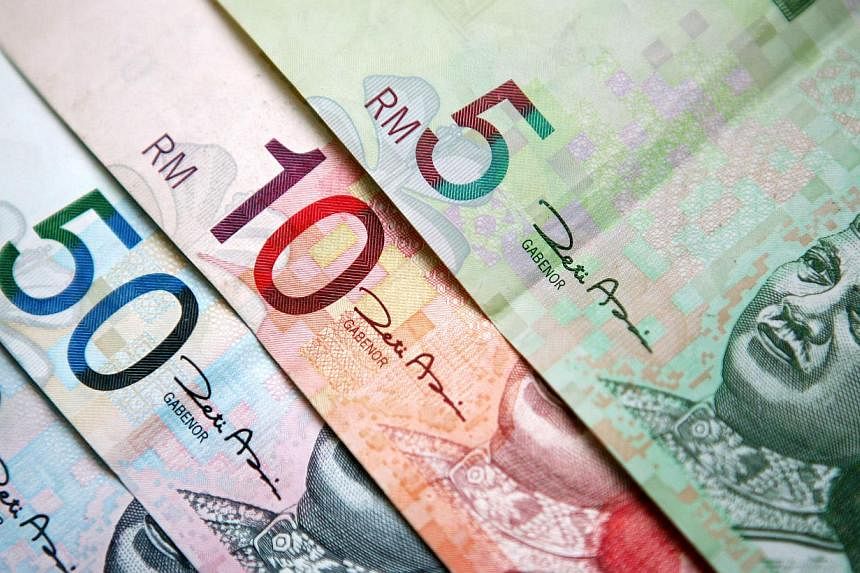KUALA LUMPUR (The Star/Asia News Network) - The ringgit has fallen to a fresh multi-year low against the US dollar, as sentiment has been somewhat dented by Malaysia's shrinking current account surplus and slower economic growth in the third quarter of 2014.
At 5pm on Tuesday, the ringgit traded at 3.3565 against the greenback - the weakest level since May 2010. The ringgit is the second-worst performer in the region after the Singapore dollar so far this year. Over the last two weeks, it had declined 2 per cent against the US dollar.
Bank Negara, however, dismissed any notion that the narrowing current account surplus, from falling exports, is a matter of concern.
"At this stage, with our current account surplus standing at about 3 per cent of gross domestic product (GDP), it is considered a good sign… it is still positive," Bank Negara governor Zeti Akhtar Aziz told reporters on Tuesday after delivering a keynote address at the inaugural International Statistical Institute Regional Statistics Conference.
Analysts said the narrowing current account surplus put Malaysia in a less favourable position compared with its peers in the region, amid a volatile environment where foreign investors are already looking to withdraw their funds from emerging markets to developed nations.
The US dollar is rising broadly against most major currencies in the world in anticipation of the United States tightening its monetary policy stance by raising interest rates next year.
Malaysia's GDP growth had slowed to 5.6 per cent in the three months to September from 6.5 per cent in the preceding quarter, according to data released last Friday.
The data also showed that the country's current account surplus had narrowed sharply to RM7.6 billion, or 2.8 per cent of GDP, in the third quarter from RM16 billion, or 6.1 per cent of GDP, in the second quarter.
However, for the nine months to end-September this year, Malaysia's current account surplus stood wider at RM43.4 billion, or 5.5 per cent of GDP, compared with RM25.1 billion, or 3.5 per cent of GDP, in the first nine months of 2013.
An economist said that the fear amongst currency traders was that Malaysia's long streak of surplus since late-1998 might be broken, leading the country to a twin-deficit situation.
Malaysia has already been running on fiscal deficits, where government spending exceeds revenue, for the past 16 years. Its fiscal-deficit-to-GDP ratio stood at 3.9 per cent last year.
An economy with twin deficits is particularly vulnerable to capital reversals, which could impact the value of its currency, as was the case with India and Indonesia last year when their financial markets and currencies took a huge battering, as investors withdrew from emerging economies with twin deficits, because these countries were deemed to be structurally weak.
However, the countries have seen an appreciation in their currencies this year, as investors were optimistic of structural reforms in the economy.
On concerns of weaker exports next year weighing on the country's current account, Dr Zeti said the diversification of Malaysian exports in terms of markets and products had resulted in 60 per cent of the country's exports being destined for the Asian region, which remained the growth centre of the world.
Dr Zeti pointed out that most of the region's economies were no longer export-led but driven more by domestic demand, thanks to various reform initiatives that have been made in recent years.
"Most of Malaysia's exports now are for final demand, and not for re-exports to third countries," she said.
On falling crude oil prices, Dr Zeti said Malaysia would need to make an assessment on whether the decline of the commodity was due to temporary factors, or a permanent trend.
"The trend (of falling oil prices) has just begun, so we are monitoring it closely to see where it (oil price) will settle," she said.

